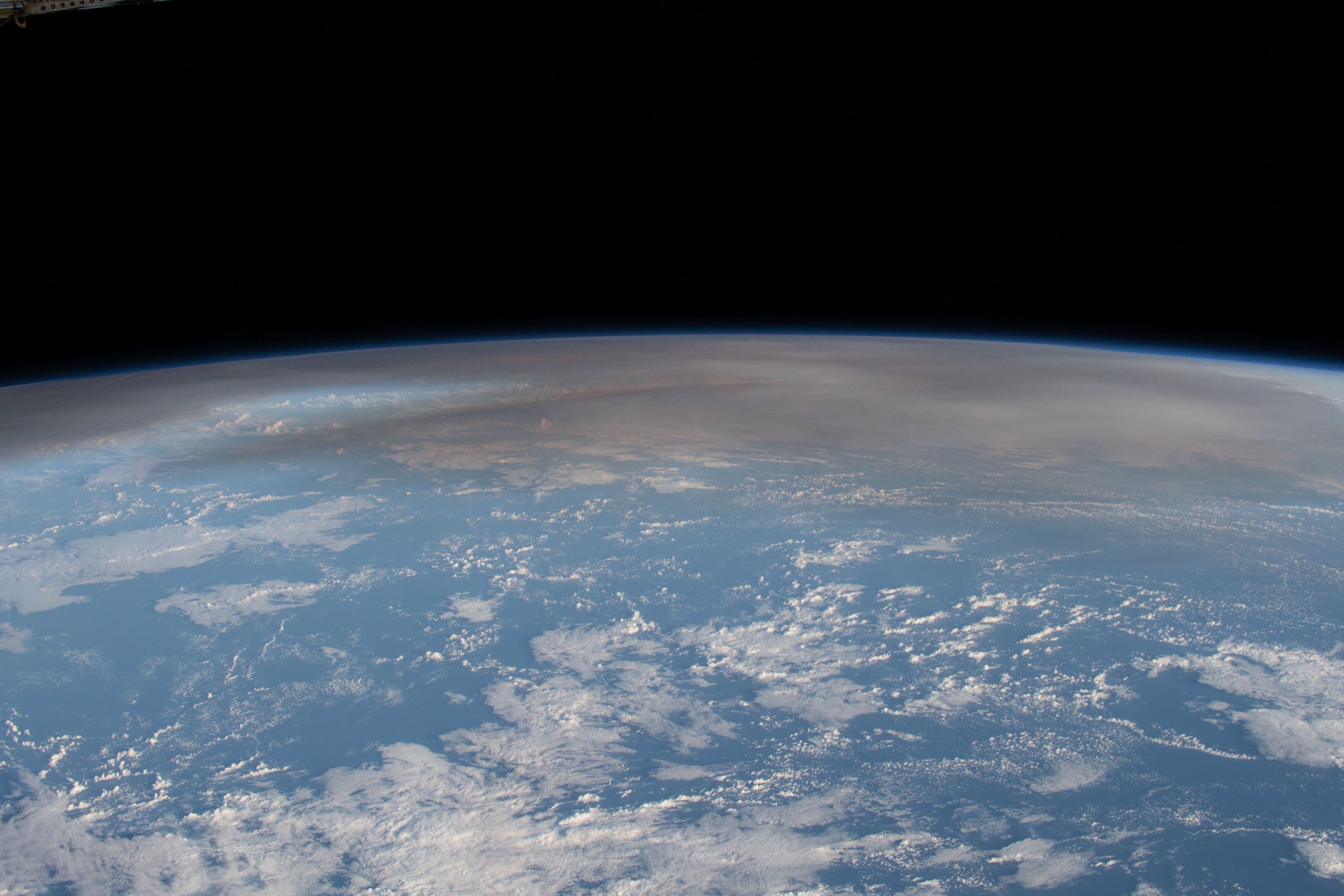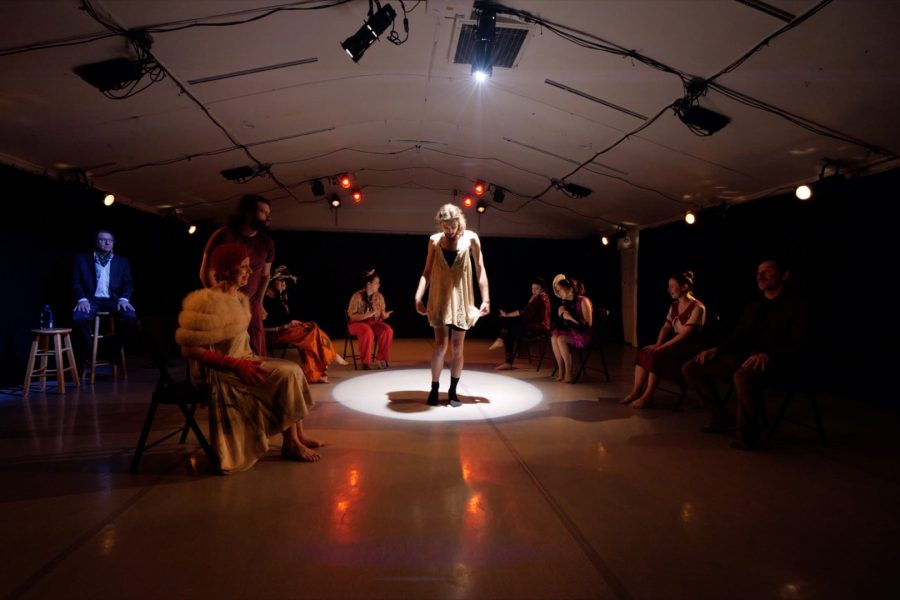Multiple volcanic eruptions occurred on the Hunga Tonga-Hunga Ha’apai volcanic region on Jan. 14 and 15, producing a tsunami that traversed the Pacific Ocean and rocked the country of Tonga, as reported by Smithsonian Institution and US Geological Survey. Early eruptions destroyed approximately a third of the island, and were followed by an even stronger eruption two hours later, causing the tsunami in the Pacific. Eruptions on the first day produced mushroom-shaped ash, steam and gas plumes which rose 12.4 miles in the air. Eruptions the following day sent ash clouds that covered all islands of Tonga. The eruptions were heard 1,429 miles away in New Zealand, according to Reuters. The tsunami reached an altitude of 50 feet upon reaching the coast of the archipelago’s Ha’apai island group. Two people in Peru drowned from high waves caused by the tsunami.
On Jan. 18, in its first update following the eruptions, the Tongan government said the eruption destroyed every home on one of Tonga’s smaller outer islands. Most news had been communicated through reconnaissance aircraft due to the country’s communications being disrupted by a severed cable. According to Reuters, the damage could potentially cut Tonga off from the rest of the world for days or weeks.
The Tonga cable is an undersea fiber optic cable, approximately 514 miles long that connects the island nation to Fiji and international communication channels. The specialist ship expected to repair the cable, the Reliance, is docked in Port Moresby, the capital of Papua New Guinea.
“Typically, all things going well, it would take around two weeks,” said Craige Sloots, marketing and sales director at Southern Cross Cable Network.
The Reliance is owned by United States firm SubCom which builds underwater cable networks. Repairs may be complicated by both volcanic activity and the underwater operations themselves, as cable operators must first locate the break by testing to see how far a signal travels before going to the fault to repair it.
The severed communication burdens family members and relatives outside of Tonga, waiting for news from their loved ones.
“We just wait and pray and hope that communications come back soon because we don’t know anything,” said Pauline Lavulo, whose husband Aqulia is a pastor in Sydney for the Tongan community, to Reuters. “Every Tongan…wherever we are in the globe, we still have family back home.”
The U.N. detected a distress signal in the islands and its Office for the Coordination of Humanitarian Affairs drew particular concern from two islands, Mango and Fonoi, from which no communication had been received though an active distress beam had been located on the islands. 36 people live on Mango and 69 on Fonoi, according to the Tonga government.
Curtis Tu’ihalangingie, Tonga’s deputy head of mission in Australia, expressed concern about the possibility of aid delivery missions on the island spreading COVID-19. “We don’t want to bring in another wave—a tsunami of COVID-19,” Tu’ihalangingie told Reuters, as the islands currently have no infections.
Two ships from New Zealand carrying essential water supplies were expected to arrive in Tonga on Jan. 21. Teams of the Red Cross in Tonga confirmed that ash and salt water had contaminated the drinking water of tens of thousands of people. New Zealand said Tonga agreed to receive its two aid ships, the Aotearoa and the Wellington, despite its concerns of introducing COVID-19 to the islands.
One Tongan man, 57-year-old Lisala Folau from the island of Atata, has been hailed a real-life Aquaman after surviving the explosions by swimming for 27 hours after getting swept out to sea. Folau, who told his story to Tongan media agency Broadcom Broadcasting on the radio, said the tsunami swept him out to sea after he climbed up a tree to try and escape it.
“I just floated, bashed around by the big waves that kept coming,” Folau said.




